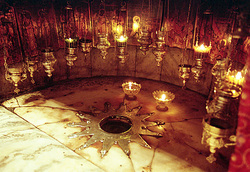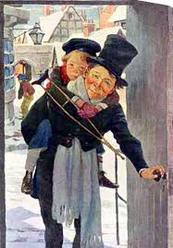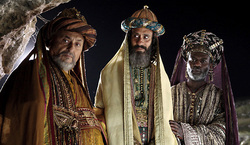
And when he drew near and saw the city, he wept over it, saying, “Would that you, even you, had known on this day the things that make for peace! (Luke chapter 19:41-42)
When we see the city from all these different vantage points, are we seeing the city as it truly is—whether it be Chicago, L.A., Charlotte or Dallas? Great authors, songwriters, and philosophers have written their thoughts about great cities. But when Jesus came over the crest of the Mount of Olives and looked across the Kidron Valley at Jerusalem what made him weep? Do you think any other of the thousands of pilgrims who were entering the city on that Palm Sunday stopped and wept as they looked at it? Some greeted the sight of the city as welcome to their eyes after a long and dusty trek from a faraway land or village. Some greeted the sight of Jerusalem with pride and a sense of nationalism. Jerusalem! This is the holy city where the temple is located! A few verses previous record the crowd as cheering the entry of whom they believed would be their salvation from the tyranny of Rome. With all the various thoughts and viewpoints of people entering Jerusalem’s gates, only one is recorded as stopping to weep.
Have we ever looked with Jesus at our city? Have we ever come over the crest of the hill and seen our city with the eyes of Jesus? There are those who choose never to look at their city in the way that Jesus does. It would require some kind of action. It would disturb their sense of peace and tranquility. When Jesus looked at Jerusalem what brought the tears to his eyes? First, he saw the soon to be future of Jerusalem—not glory but destruction. He saw the pride of Israel and their identity as a nation—the temple—flattened. While the Palm Sunday crowd saw possibilities of hope, Jesus saw the reality of destruction. While they cheered and celebrated like they were dancing at a wedding feast, Jesus saw a funeral march.
While the architect looks at the city and dreams of possible new buildings, and the entrepreneur looks at the city and sees new business possibilities, and each person looks at the city as the means to an end-- as the way to provide a living—whether an exciting or mundane living—it is still about self. It is still about self-provided security. Jesus saw the blindness of human striving for meaning and security. Jesus saw men trying men to build their own Eden. He saw the Scribes and Pharisees trying to find security in the letter of the law. He saw the Priests and Sanhedrin trying to find security in holding on to power when the Great High Priest stood at the gate ready to make their jobs obsolete. It reminds me of both Psalm 24 and Revelation 3.
Lift up your heads, O gates!
And be lifted up, O ancient doors,
that the King of glory may come in. (Psalm 24:7)
Behold, I stand at the door and knock.
If anyone hears my voice and opens the door,
I will come in to him and eat with him, and he with me. (Rev. 3:20)
Certainly the mistake will not be repeated at Christmas 2013! Surely we will not make the same mistake that those in Jerusalem made 2000 years ago by rejecting the offer of Jesus to come in and have fellowship? Once again we have the opportunity to enthrone the king. Once again, many people will go to candlelight services or gather around a fireplace or tree and hear the Christmas story. The picture I cannot shake is not Santa Claus with a sleigh surveying the cities of this world from the air. The picture I cannot shake from my mind’s eye is Jesus standing at the entry place to my city and weeping because we don’t know that this year will be someone’s last. This year may be my last chance to do whatever it is God called me to do or to say. I dare not leave Jesus outside in the cold so to speak.
Jesus cried over Jerusalem because he knew they were rejecting their moment of opportunity. If we look out over our city with Jesus by our side, what do we see? People tend to procrastinate and say next year, but next year is not promised. I cannot help but think of my favorite Leonard Ravenhill quote: “The opportunity of a lifetime must be seized within the lifetime of the opportunity.”









 RSS Feed
RSS Feed